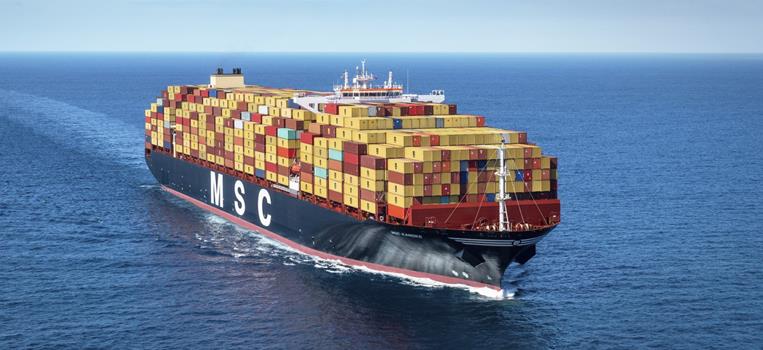Introducing the Corvus Pelican Fuel Cell System: Revolutionizing marine power with innovative fuel cell technology
Jun 08, 2023Corvus Energy, the leading provider of zero-emission solutions for the ocean space, has announced the launch of its ground-breaking, inherently gas-safe marine fuel cell product, the Corvus Pelican Fuel Cell System. Designed to transform the maritime industry, the new product represents a significant leap forward in safe, clean, and efficient power generation for marine vessels.
The Corvus Pelican Fuel Cell system is the result of the H2NOR research project that started in 2021. H2NOR was initiated by Corvus Energy, Toyota and other partners to fast-track the development and production of sustainable and scalable Maritime Hydrogen Fuel Cell Systems.
The World’s Safest Marine Fuel Cell System
The result of the two-year development is the safest marine fuel cell system to date. Using the well-proven fuel cell technology from Toyota, used in more than 20.000 cars, and adding the safety level needed for marine, enables the Pelican FCS to be installed anywhere onboard a vessel.

The modular and flexible system is designed to be Inherently Gas Safe, meaning that the surrounding machinery space is considered gas safe under all conditions. This significantly reduces the requirements of safety support systems and ventilation, thereby enabling more efficient integration of the FCS inside the ship’s hull. Geir Bjørkeli, CEO of Corvus Energy explains: “Our mission is to power a clean future, and through the years, we have been pioneers on a lot of different vessel types. However, batteries cannot take us all the way. If you want to sail zero-emission, you will need to bring clean energy in a different format. We strongly believe hydrogen is the natural choice for shorter and medium-distance routes as this is the most energy-efficient way. The safety level as well as the flexibility and modular design will revolutionize marine power going forward.
He continues: “We really need to thank Toyota and the other partners for their strong contribution – we would never have been able to take such an advanced product to the market this quickly without this strong consortium”.
Batteries and Fuel Cells are Best Friends
Corvus Energy fuel cell systems are ideally combined with Corvus Energy batteries to form a hybrid power system. Energy Storage Systems handle load variations perfectly, and fuel cell systems perform best at stable loads. Together they are perfect partners. Corvus Energy is now developing CoPilot, an application for fuel cell and battery systems, supporting system integrators to optimally distribute power between fuel cell systems and batteries. The results are prolonged lifetime, more efficient operation, simplified integration effort and reduced total cost of ownership.
The product launch event for the Pelican Fuel Cell System took place during the Nor-Shipping exhibition in Norway earlier this week. Speakers included the Norwegian Minister of Ocean Policy, Bjørnar Skjæran and CEO of Corvus, Geir Bjørkeli as well as participants from partners Toyota and Wilhelmsen.
Similar Stories

Port of Long Beach’s Cordero hails ‘Green Port’ achievements
View Article
Today in Energy: A look back at our forecast for global crude oil prices in 2024
View ArticleWorld Shipping Council: Shipping carriers move to prevent deadly charcoal fires
The shipping industry is taking proactive steps to implement improved safety measures for transporting charcoal, ahead of mandatory IMO regulations in 2026.
View Article
MSC Announcement: GRI - General Rate Increase Feb 2025
View Article
Drewry’s World Container Index - 16 Jan
View Article
Port of San Diego accepts $5 million grant from the San Diego County Air Pollution Control District for clean air project
View ArticleGet the most up-to-date trending news!
SubscribeIndustry updates and weekly newsletter direct to your inbox!





